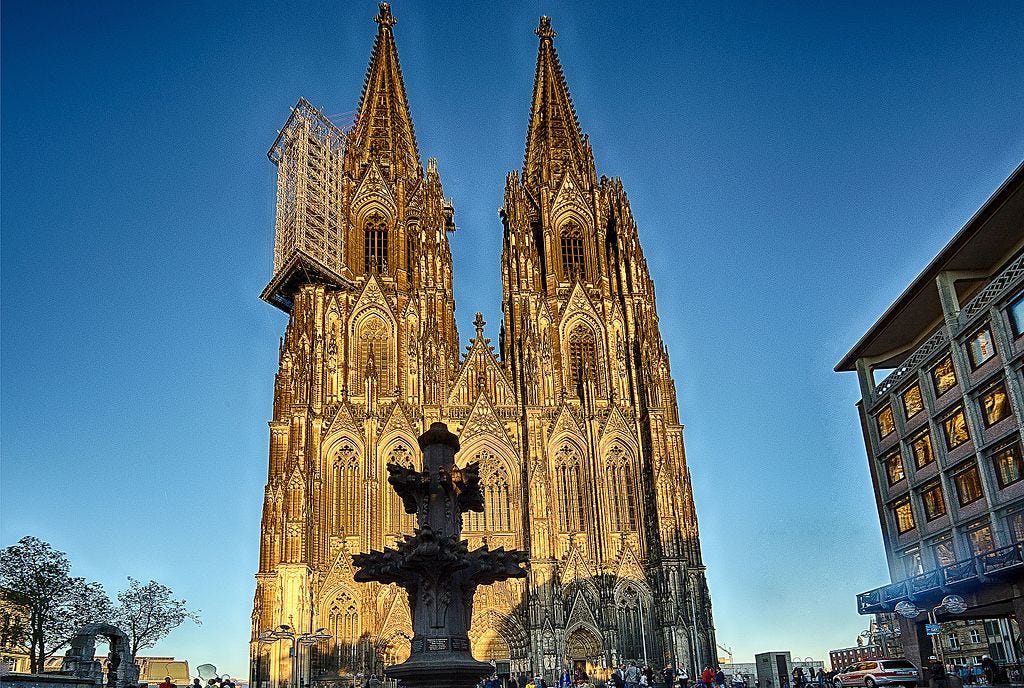Catholic religious practice in Germany in free fall amid public mistrust of churches, survey shows
Ninety-six percent of Catholics said that their church had to change fundamentally if it wanted to have a future, with calls for the blessing of homosexual partnerships and more rights for women.
Ulm/Bonn (KNA): Religious affiliation and public trust in churches are continuing to decline in Germany, according to a new study.
The practice of faith among catholics in particular is declining significantly. Many church members are thinking about leaving, according to a church membership survey presented on Tuesday.
The study has been conducted by the Protestant Church every 10 years since 1972. This is the first time the Catholic Church has taken part. It was based on a representative survey of more than 5,000 German citizens.
For almost eight out of 10 respondents, religion has no (38 percent) or only little (40 percent) significance. Even among church members, only four percent (catholic) and six percent (protestant) said they saw themselves as religious and close to the church. Nevertheless, 36 (33) percent said: “I feel connected to the church, even if I am critical of it in many ways.”
It is particularly striking that the practice of faith among Catholics has plummeted since 2002. While 28.6 percent of Catholics said they prayed daily in 2002, this figure has fallen to 14.8 percent. Among the protestants surveyed, the figure fell from 17.2 percent to 15.1 percent.
In other areas too, the study found that the religious practice of Catholics was converging with the traditionally less pronounced practice of protestants.
Nine percent of respondents said they still had confidence in the Catholic Church, compared to 24 percent for the Protestant Church. Trust in the Catholic Church is only slightly higher than trust in Islam.
Forty-three percent of catholic and 37 percent of protestant members are categorised in the survey as “inclined to leave.” The Protestant Church is not benefiting from the dissatisfaction of many people with the Catholic Church. Most of those who leave do not convert to another church.
However, the study also shows that people are not indifferent to the churches and would like to see them reform. Ninety-six percent of catholic and 80 percent of protestant members said that their church had to change fundamentally if it wanted to have a future. On the catholic side, there were calls for the blessing of homosexual partnerships, the democratic election of church leaders and more rights for women.
It isn’t only church members who expect the churches to perform social work. A very large majority of all respondents said they wanted churches to maintain social counselling centres, support refugees and campaign for more climate protection.
It is also striking that many respondents have fond memories of their past church involvement and attach great importance to it in their lives. In addition, social commitment among people who are religious and church-affiliated is significantly higher than in the rest of society.
For example, 49 percent of Catholics and 46 percent of protestants, but only 33 per cent of non-denominational people said they had done voluntary work in the past year.
The churches are in a major crisis. In 2022, the proportion of Germans belonging to the protestant or catholic churches fell below 50 percent for the first time. The number of members leaving the churches reached a new record high – also due to cases of abuse and other scandals.
KNA




